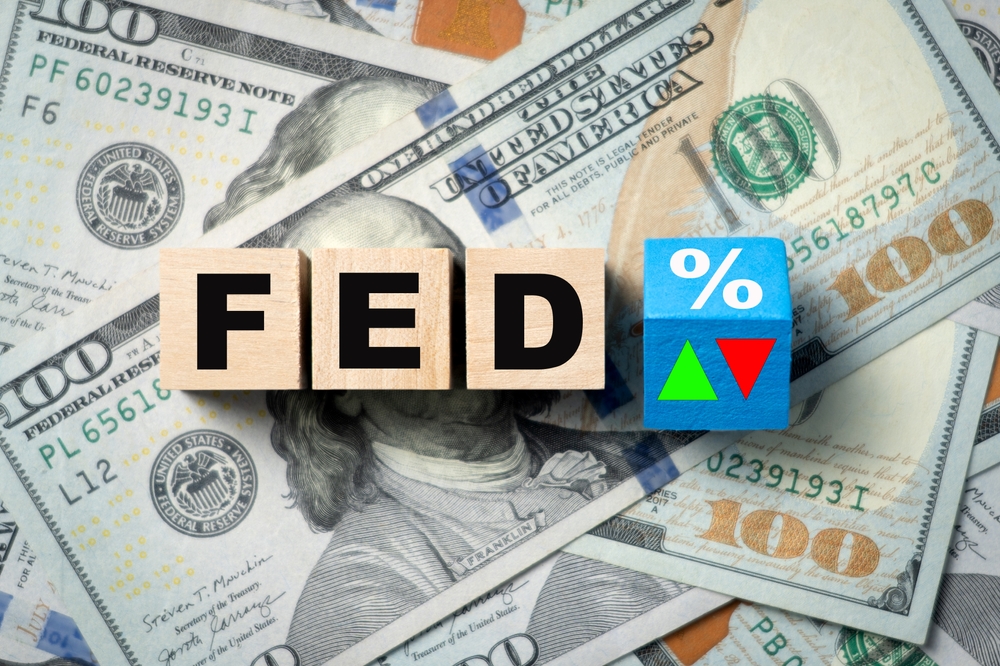
The Potential Winners and Losers of the Sharing Economy in 2023
The sharing economy, also known as the collaborative consumption or the peer-to-peer economy, is a socio-economic model that leverages technology to connect individuals and entities with underutilized assets, skills or competencies with those who seek them.
The sharing economy, also known as the collaborative consumption or the peer-to-peer economy, is a socio-economic model that leverages technology to connect individuals and entities with underutilized assets, skills or competencies with those who seek them.
In simpler terms, this phenomenon is built around the idea of sharing resources. Such transactions are facilitated by online platforms/mobile applications that enable the sharing of a plethora of resources, including but not limited to vehicles, housing, professional services, and other tangible & intangible assets and commodities.
Through technological advancements, the sharing economy transformed various industries, including transportation, consumer goods, home rentals and personal/professional services, thereby creating new opportunities for businesses and individuals to create, produce, distribute and consume a wide range of products & services.
This led to the emergence and rise of new business models like on-demand services; thus, benefiting consumers, service and platform providers, independent workers and investors, and disrupting traditional business models such as hotels, taxis and brick-and-mortar shops.
Transportation
One of the best ways to portray the phenomenon of the sharing economy is the transformation of the transportation sector. Uber and other ride-sharing services, such as Lyft and Ola Cabs, provide a practical and affordable alternative to more conventional modes of transportation like taxis and public transportation, while also creating a source of income for drivers.
The way it works in the case of Uber is that when a customer requests a ride through the flagship mobile app, the nearest available driver is notified and can choose to accept or decline the request, and Uber generates heaps of revenue from this service alone.
The ride-hailing pioneer generated above $29 billion in the 12 months ended September 30th, 2022, marking a 95% increase year-over-year (YoY). In the third fiscal quarter of 2022, Uber beat analyst expectations in revenue, generating $8.3 billion on growth in travel & eased lockdowns.
Consumer Goods
A platform-based consumer goods company in a sharing economy operates by simply connecting buyers and sellers. Among the leading businesses are eBay, Depop and OLX, which act as middlemen that facilitate the exchange of goods and therefore allowing sellers to monetize and buyers to find the products they are looking for.
In eBay’s case, it operates on a commission-based model by charging sellers a fee for listing & selling items on the platform. eBay’s revenue for the fiscal year ended September 30th, 2022 was $9.7 billion, marking a mere 0.79% YoY decline. In the third quarter of 2022, eBay’s revenue was $2.4 billion, down 5% on a YoY basis. The shortcomings can be attributed to higher fees charged by eBay on its sellers, in-turn swaying some sellers away from the popular platform.
While the sharing economy model has proven to be quite beneficial for buyers, sellers and platform itself, the success of this business model increases the competition barriers for traditional brick-and-mortar businesses, as they will struggle to compete with the lower prices and wider selection offered by online sellers.
Home Rentals
The sharing economy is heavily omnipresent in the home rentals space, connecting renters and guests via user-friendly and innovative platforms. Companies like FlipKey, Outdoorsy and none other than Airbnb have thrived on the rising demand for short-term stays, and thus, agitating the traditional hotel industry.
Airbnb's business model is based on the principle of the sharing economy. Individuals can rent out their spare rooms, apartments or homes and make them available for short-term rental to travelers. This allows hosts to earn extra income from their properties, and travelers to access more affordable and unique accommodation options.
Airbnb generated over $8 billion in revenue for the twelve months ended September 30th, 2022, recording a whopping 50% jump in one years’ time. In the most recent quarter, the innovative trendsetter enjoyed $2.9 billion in revenue, surpassing analyst expectations.
Personal and Professional Services
The realm of professional & personal services is a great example of the popularization of the sharing economy. The sharing economy model allows personal and professional service providers to monetize their skills and expertise in a flexible & efficient way. Firms like Fiverr, Upwork and Task Rabbit have emerged as leaders of this revamped industry.
These platforms connect service providers with customers who need specific services on a project-by-project basis, increasing the earning potential for service providers as they have access to larger customer audiences which seek specific services from consultation to invoicing.
Fiverr’s recent performance was great to say the least, generating $82.5 million in the third fiscal quarter of the year which is 11% higher than the figure of last year. This may be due to the fact that active buyers are on the rise, jumping to 4.2 million as of September 30 of this year.
Winners and Losers of The Sharing Economy
Traditional players like hotels and local taxi companies have been disrupted by the triumphs of the sharing economy. They have evidently lost business and profitability as a result of this new way of sharing and the recent sharp rise of on-demand services.
The widespread adoption of the shared economy has advantaged several winners:
Consumers: The sharing economy makes it easier & more affordable for people to access goods and services, by connecting them with individuals or companies that have resources to share.
Independent workers: Some sharing economy platforms allow individuals to earn money by providing services or renting out their assets to others. This can provide an additional source of income for people who are self-employed, or who want to monetize assets that would otherwise go unused.
Platform providers: Companies that operate sharing economy platforms, like Airbnb and Uber, can also be major winners of the sharing economy. These platforms can generate significant revenue by charging commissions on transactions, or by taking a percentage of the cost of each service provided.
Investors: Many investors have benefited from the growth of sharing economy companies. The success of some companies has led to substantial returns for investors, as they capitalized on the rising demand for the services of shared economy businesses.
Written by team of analysts of InvestaGO
Legal:
INVESTAGO is a registered brand name of Wonderinterest Trading Ltd, with registration number HE 332830. Wonderinterest Trading Ltd is a Cypriot Investment Company (CIF) under the supervision and regulation of the Cyprus Securities and Exchange Commission (CySEC) with licence number 307/16, registered office 176, Makariou III Avenue, Paschalis Court, Office 201, 3027, Limassol, Cyprus.
Risk warning:
CFDs are complex instruments and come with a high risk of losing money rapidly due to leverage. 72.97% of retail investor accounts lose money when trading CFDs with this provider. You should consider whether you understand how CFDs work and whether you can afford to take the high risk of losing your money. Please read the General Risk Disclosure , Key Information Document-Physical Shares , Key Information Document-Equity Shares CFDs , Key Information Document-Commodities CFDs , Key Information Document-Equity Indices (CFDs) , Key Information Document-ETF CFDs , Key Information Document-Forex , Trading account agreement , Cookie Policy Website Terms of Use , ,Investment Firm Information , Client Categorisation Policy , Order Execution Policy , Conflict of Interest Policy, Investor Compensation Fund , Complaints Procedure for Clients, Privacy Notice




